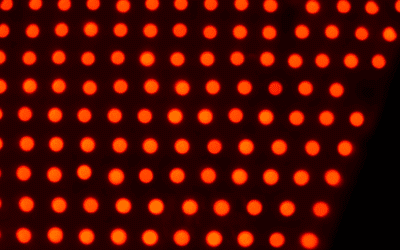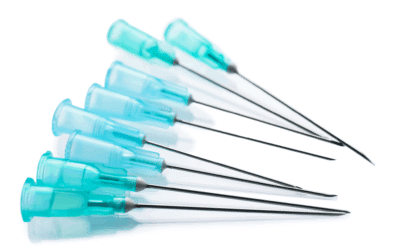
Menopause, a natural transition in a woman’s life, encompasses various stages, each associated with significant hormonal changes that can affect overall health, including the frequency and intensity of headaches and migraines. Here’s a closer look at these stages and how fluctuations in estrogen can influence a woman’s experience of headaches and migraines.
The Menopausal Transition: Perimenopause to Postmenopause
Menopause is technically defined as the point in time 12 months after a woman’s last menstrual period, marking the end of menstrual cycles. This single day signifies the shift from perimenopause to postmenopause. Perimenopause, often beginning in a woman’s 40s (but sometimes as early as the late 30s), is characterized by irregular menstrual cycles and varying symptoms due to changes in hormone levels, particularly estrogen.
Estrogen’s Role in Headaches and Migraines
Estrogen, a key hormone in the female reproductive system, influences the brain’s chemical environment and pain response. Fluctuations in estrogen levels, which are common during perimenopause, are linked to an increased frequency of headaches and migraines. These fluctuations can cause:
- Menstrual Migraines: These migraines typically occur during periods of significant hormonal change, such as just before or during a period when estrogen levels drop sharply.
- Perimenopausal Migraines: As estrogen levels become more erratic during perimenopause, many women experience an increase in migraine frequency and intensity. This is due to the unpredictable high and low levels of estrogen, which can disrupt the brain’s natural balance and trigger migraines.
Symptoms and Indicators
During perimenopause, women might notice symptoms such as hot flashes, mood changes, sleep disturbances, and changes in menstrual patterns—all of which can be exacerbated by or contribute to migraines. Estrogen plays a role in regulating mood and sleep, both closely linked to headache patterns. As such, disruptions in estrogen levels can lead to poor sleep and mood swings, thereby increasing the likelihood of headaches.
Managing Menopause-Related Headaches
Understanding and managing these hormonal fluctuations can help mitigate menopause-related headaches. Strategies include:
- Lifestyle Adjustments: Diet, exercise, and stress management can significantly affect hormonal balance and overall health, potentially reducing headache severity.
- Bio-identical HRT: In some cases, bio-identical hormone replacement therapy (HRT) might be considered to stabilize hormone levels and alleviate severe perimenopausal symptoms, including migraines.
- Natural Supplements: Certain herbs and supplements, such as Vitex and Maca, may help balance hormones and support overall well-being during this transition.
There is Hope
The journey through menopause is unique for every woman, but understanding the connection between hormonal changes and headaches can empower women to manage their symptoms more effectively. By recognizing the signs and learning how to adjust lifestyle choices and medical treatments accordingly, women can navigate these years with greater ease and less discomfort from headaches and migraines. It’s crucial to consult with healthcare providers to tailor a management plan that addresses individual symptoms and lifestyle factors, ensuring a smoother transition through the stages of menopause.




